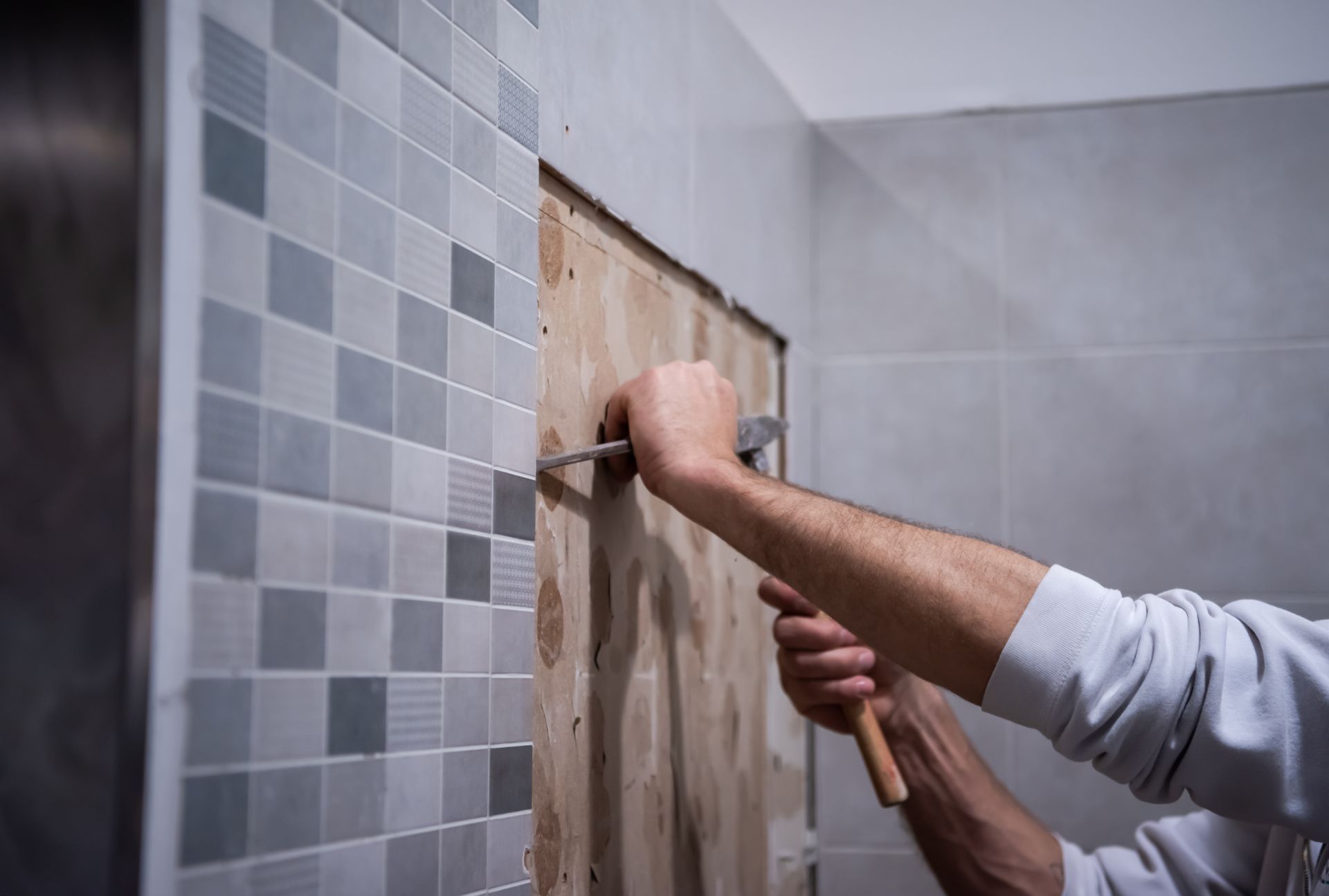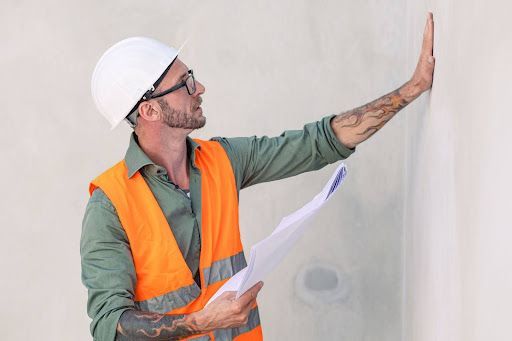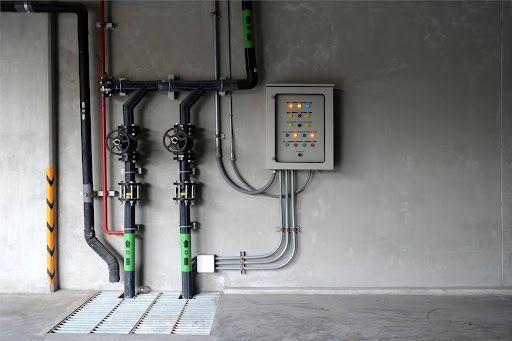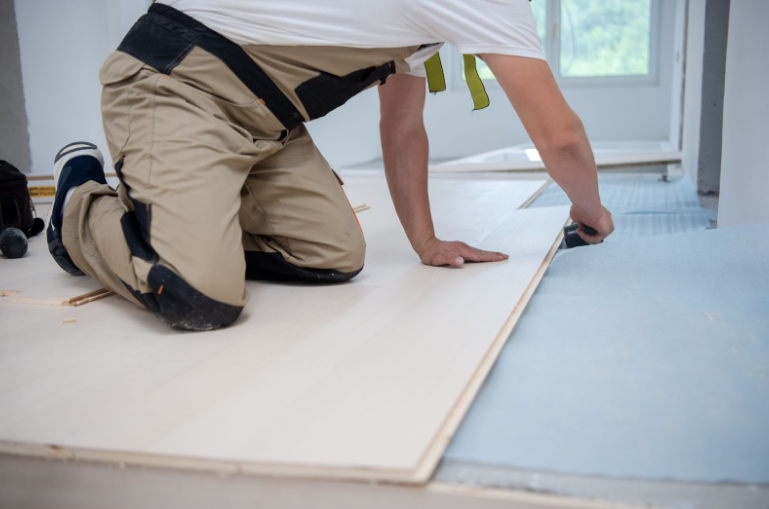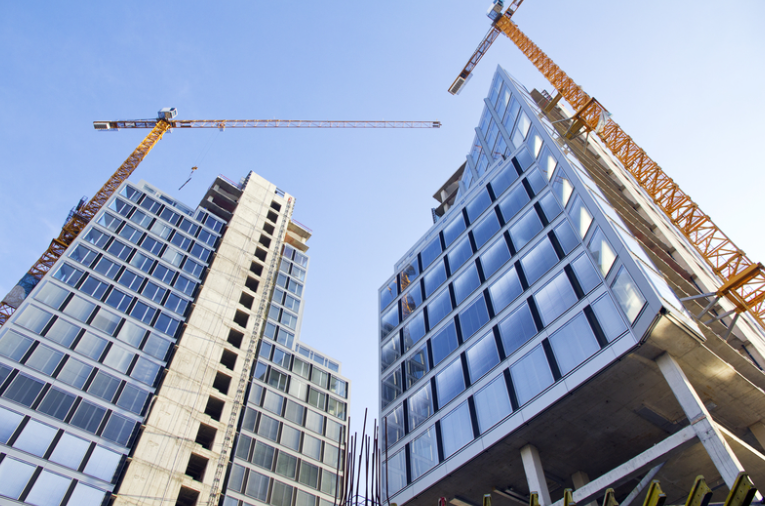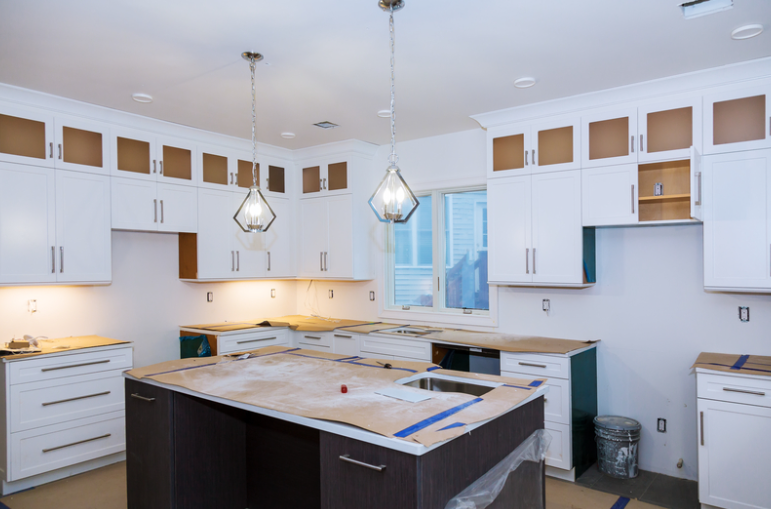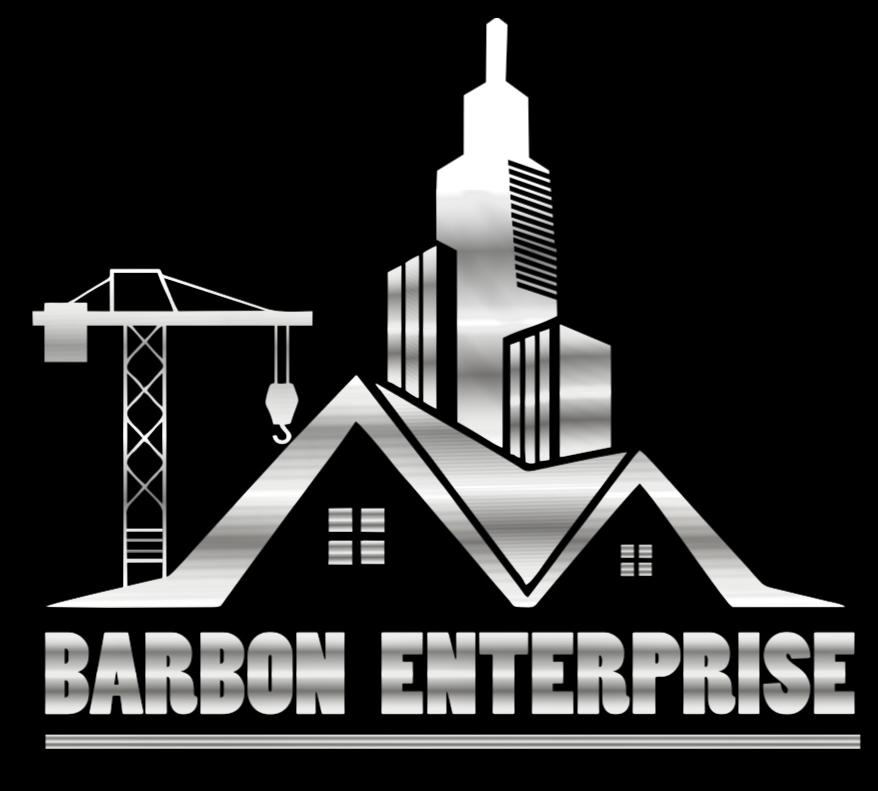Your Guide to Mastering Building Codes and Permit Processes
Navigating the complexities of building codes and permits is a critical aspect of any construction project. Whether you are a homeowner embarking on a renovation project or a business owner overseeing a new construction, understanding and complying with local building regulations is essential.
This guide provides an overview of the permit process, explains the importance of adhering to building codes, and discusses potential risks associated with non-compliance. By familiarizing yourself with these elements, you can ensure your construction projects proceed smoothly and legally.
Understanding Building Codes
Building codes are sets of regulations that govern the design, construction, alteration, and maintenance of structures. They ensure that buildings are safe for occupancy and use. These codes address various aspects of construction, including structural integrity, fire safety, electrical fittings, plumbing, accessibility, and energy efficiency.
Why Building Codes Matter
Building codes are crucial for protecting public health, safety, and general welfare as they relate to the construction and occupancy of buildings and structures. Compliance with building codes is not optional; it is a legal requirement. Adhering to these codes helps prevent accidents, reduces the risk of fire, and ensures that all buildings meet a minimum standard of safety.
The Permit Process
Obtaining the necessary permits is the first step in ensuring that your construction project complies with local, state, and national building codes. The permit process varies by location, but generally involves the following steps:
Initial Consultation
Consult with a local building department for guidance on the specific permits required for your project. This step can provide valuable insights into any zoning issues or restrictions that might affect your project.
Submitting Your Application
You will need to submit a permit application along with detailed plans of your project for review by the building department. These plans should include architectural drawings, engineering plans, and site plans.
Review Process
Once submitted, your plans will undergo a review process where city or county officials ensure that the proposed work meets all building codes and local regulations. This process can take time, so it’s important to factor this into your project timeline.
Receiving Approval
If your plans meet all the requirements, the building department will issue the permits needed to begin construction. If not, you may need to modify your plans and resubmit them.
Inspections
During construction, various inspections may be required to ensure that the work complies with the building code and the approved plans. These inspections are typically performed at critical stages of construction, such as framing, electrical installation, and final completion.
Why Permits Are Necessary
Permits are a legal requirement for most construction projects, especially those that alter the structure of the building, involve changes to the plumbing, electrical, or heating systems, or impact the public right of way. Permits allow local governments to ensure that all buildings meet safety standards and are suitable for occupancy.
Safety
The primary reason permits are necessary is safety. Building inspections and permits ensure that all construction in your community is safe and in compliance with building and zoning codes.
Insurance
If you undertake construction without the necessary permits, you may face difficulties when selling the property and could have issues with insurance claims if an incident occurs.
Resale
When selling a property, potential buyers and their lenders will want to ensure that all remodeling work was done legally with the required permits. Failure to have the necessary permits can delay or potentially cancel a sale.
Risks and Delays Associated with Non-Compliance
Ignoring building codes and permit requirements can lead to substantial risks and delays:
Legal Consequences
Non-compliance can result in fines, penalties, and orders to stop construction. In severe cases, it can also lead to criminal charges.
Cost Overruns
If you are found to be non-compliant with building codes, you may be required to demolish and redo the work at your own expense.
Project Delays
Non-compliance discovered during inspections can lead to significant delays. Correcting the problems might require changes to the work already completed, further delaying the project.
Understanding and complying with building codes and permits is essential for the success of any construction project. By ensuring that all construction work meets the required safety standards, you not only comply with the law but also contribute to the safety and stability of your community.
Whether undertaking a small home renovation or a large commercial build, respecting these regulations will help avoid legal troubles, ensure safety, and maintain your project’s schedule and budget.
Embark on your next construction project with confidence by partnering with Barbon Enterprise. Our team specializes in expertly navigating the complexities of building codes and permits to ensure your project not only meets all legal requirements but exceeds your expectations. Contact us today to learn how we can streamline your construction process, making it an enjoyable and successful journey from start to finish.
